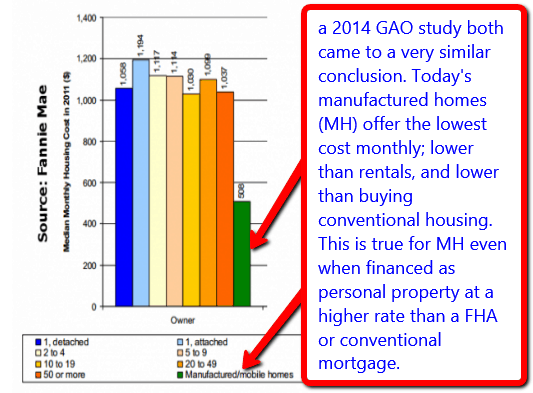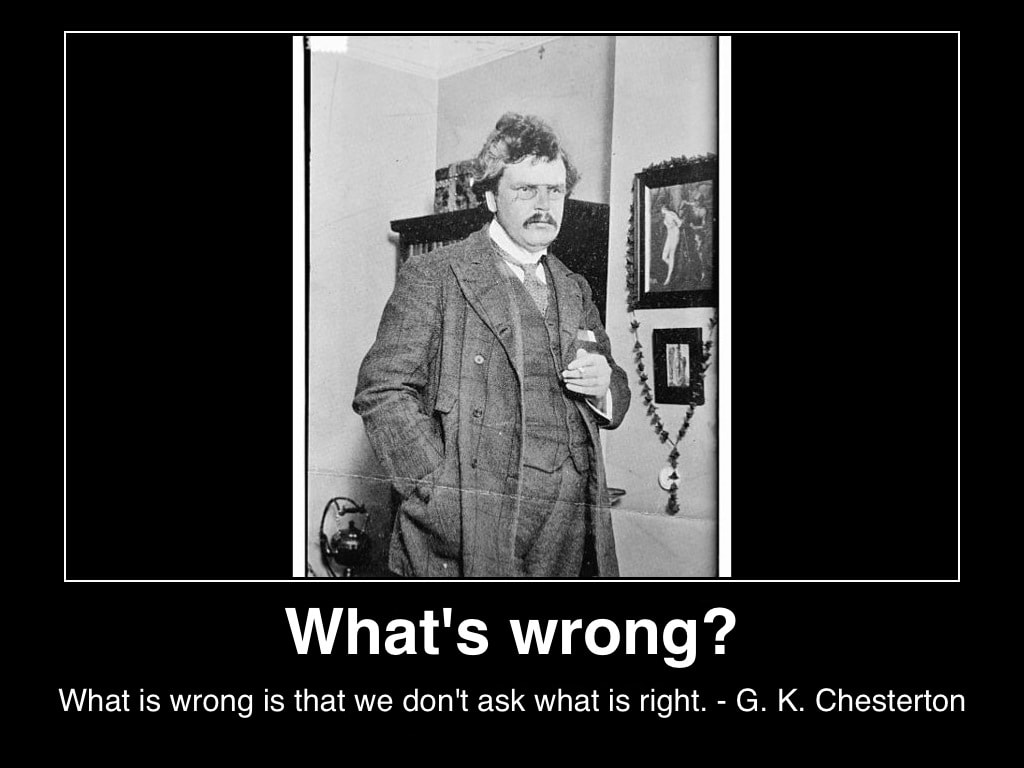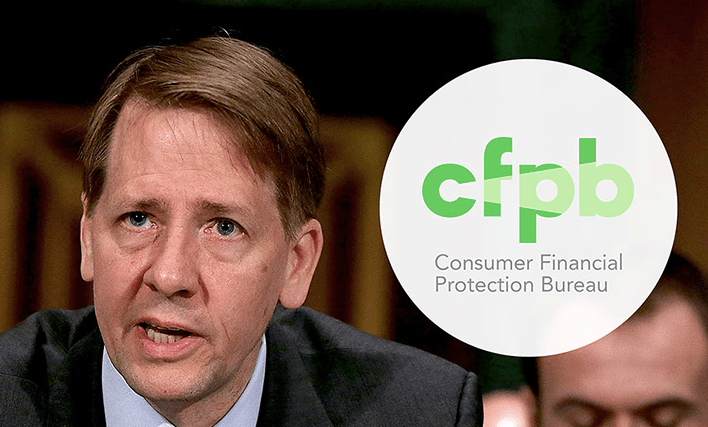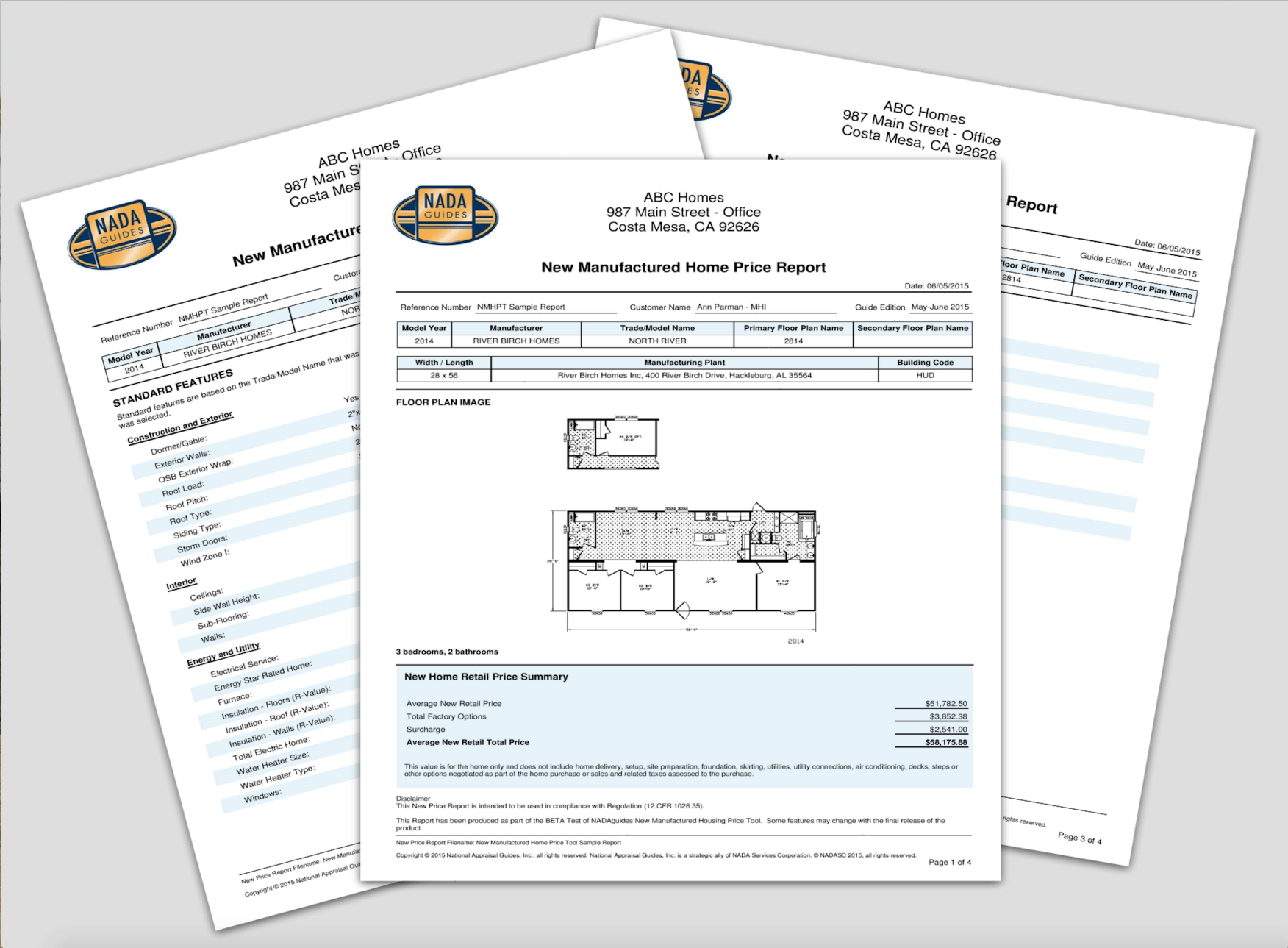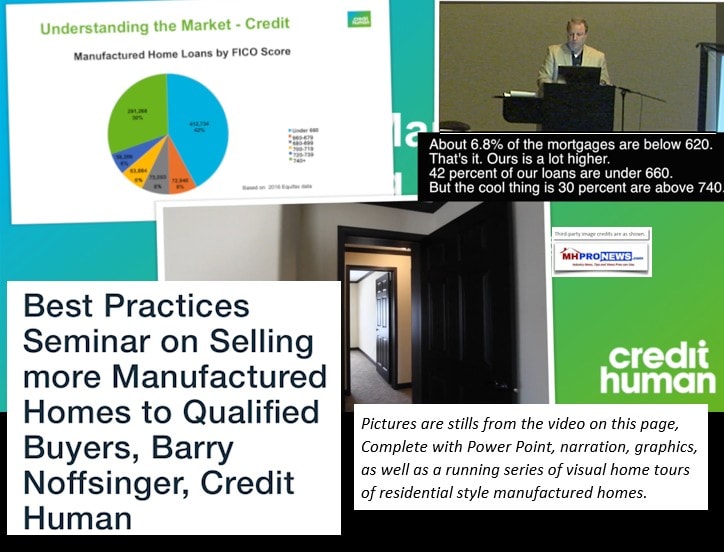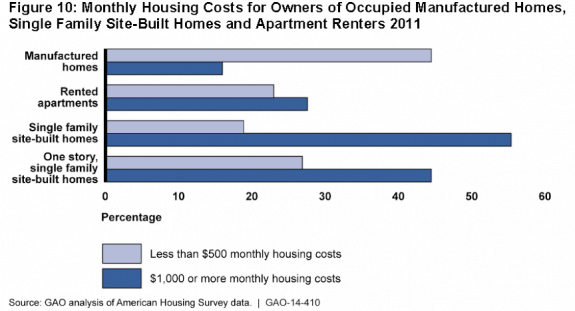The Indiana Department of Financial Institutions (DFI) has been performing outreach to manufactured housing retailers and communities in order to insure compliance with the SAFE Act. Mark Bowersox, Executive Director of the Indiana Manufactured Housing Association (IMHA) told MHMSM.com his organization was previously told by the state that enforcement would be complaint-driven, so the pro-active auditing was unexpected.
The Secure and Fair Enforcement for Mortgage Licensing Act of 2008, known as the SAFE Act, is federal legislation that was enacted as a partial response to the mortgage crisis that regulators say resulted from a lack of appropriate monitoring, oversight and regulation of the intermediaries between consumers and lenders in the residential mortgage industry.
Mark Tarpey, supervisor at the Indiana Consumer Credit Division of the DFI told MHMSM.com the department has a certain responsibility as the regulator to actively insure compliance. In general, Tarpey says the outreach has found that compliance to be good.
“Some people are in the process of figuring out what they are going to do moving forward, how they are going to structure transactions, etcetera,” Tarpey says. “We’re there to help them figure it out.”
The date for compliance for the SAFE Act and related state legislation was July 1, 2010. The DFI had previously distributed a Q&A on the topic, reminding retailers and community operators that anyone who is working as a mortgage loan originator would have to be licensed. The Q&A is available at www.
Both companies and individuals involved in mortgage loan origination activities are subject to the SAFE Act. Tarpey explains that anyone who is a creditor on a retail installment sales contract requires licensing. However, there are situations where licensing isn’t required.
“There is an exemption that says if all the dealer is doing is giving the customer an application for a third-party lender, then that doesn’t meet the definition of an originator,” Tarpey adds. “That’s one exemption.”
The DFI also informed manufactured housing retailers if a title does not transfer, then that does not constitute a covered activity. With that comes a qualifier, however.
“We did caution whether they be a dealer or a community, that you can’t use a standard sales contract or loan agreement,” Tarpey says, adding that if a retailer is trying to make sure they don’t transfer title, they need to draft an agreement that’s more in the nature of a lease.
Any discussion of rates and terms is a loan origination activity that requires licensing.
Bowersox says a lot of it goes back to the phrases administrative and clerical or compensation or gain contained in the SAFE Act.
Tarpey says that officials visiting retailers and communities have found a general awareness of the requirements. In cases where originating loans is a substantial portion of the business, licensing will be advantageous. In cases where its not, those activities may be handled elsewhere.
“If you’re doing enough of this it’s going to be in your interest to continue to do it,” Tarpey says. “If you’re not doing very much activity of this nature, then maybe it isn’t worth getting licensed and you may want to figure out a way to refer customers to a third party and/or draft an agreement that is truly a lease agreement and not a sale type of transactions. All those are business decisions that need to be weighed.
“The landscape has changed in terms of what you have to do in terms of licensing for the entity and the individual.”
Licensing is applied for through a nation-wide program where information is entered. The actual application then comes to the Indiana DFI or like department in another state for review.
“Once you get all your information in the system, then the process becomes simpler,” Tarpey says. “We’ve tried to keep the process as streamlined as we can.”
Officials from the DFI will be available December 16 at the Indiana Manufactured Housing Association to meet with members during a special SAFE Act roundtable.















